
Why Crying Over Awesome Stuff Makes You Smarter, Less Stressed, and More Creative
We spend so much time holding back our emotions, but letting yourself cry over something beautiful is one of the most powerful things you can do. It’s not weakness—it’s proof that you’re tapped into the raw brilliance of being human. And yeah, it can make you smarter, less stressed, and way more creative.

How to Stop Sounding Like a Robot and Actually Connect with Humans: The Art of Asking Better Questions
Effective communication goes beyond mere words—it’s about fostering genuine connections. Open-ended questions invite deeper conversations, allowing for mutual understanding and stronger relationships. By asking better questions, you open doors to meaningful exchanges that truly resonate.
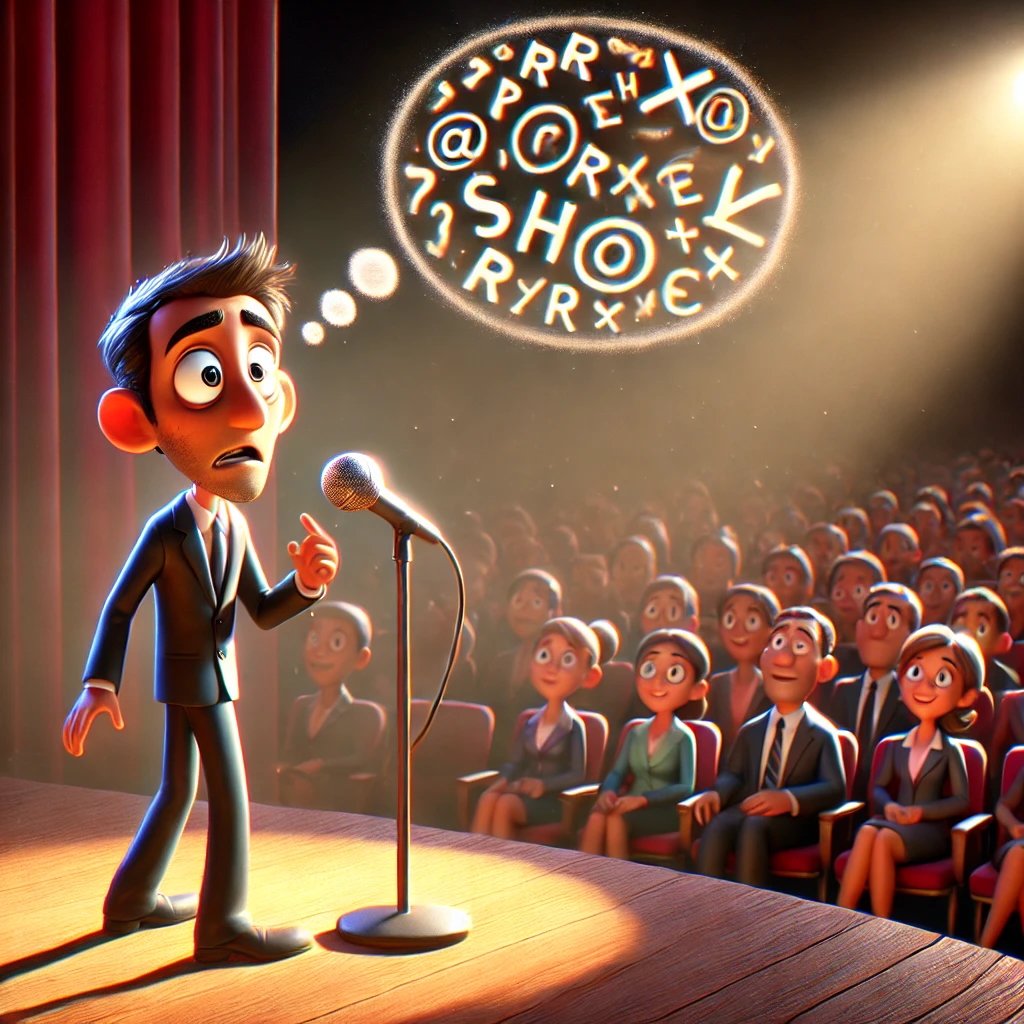
Brain on Strike: What to Do When Your Mind Takes a Vacation Mid-Presentation
Sometimes, your brain decides to go on vacation at the worst possible moment—like right in the middle of your big presentation. You’re standing there, under the spotlight, with nothing but crickets chirping in your head. It's unnerving, but hey, even the best of us have been there.
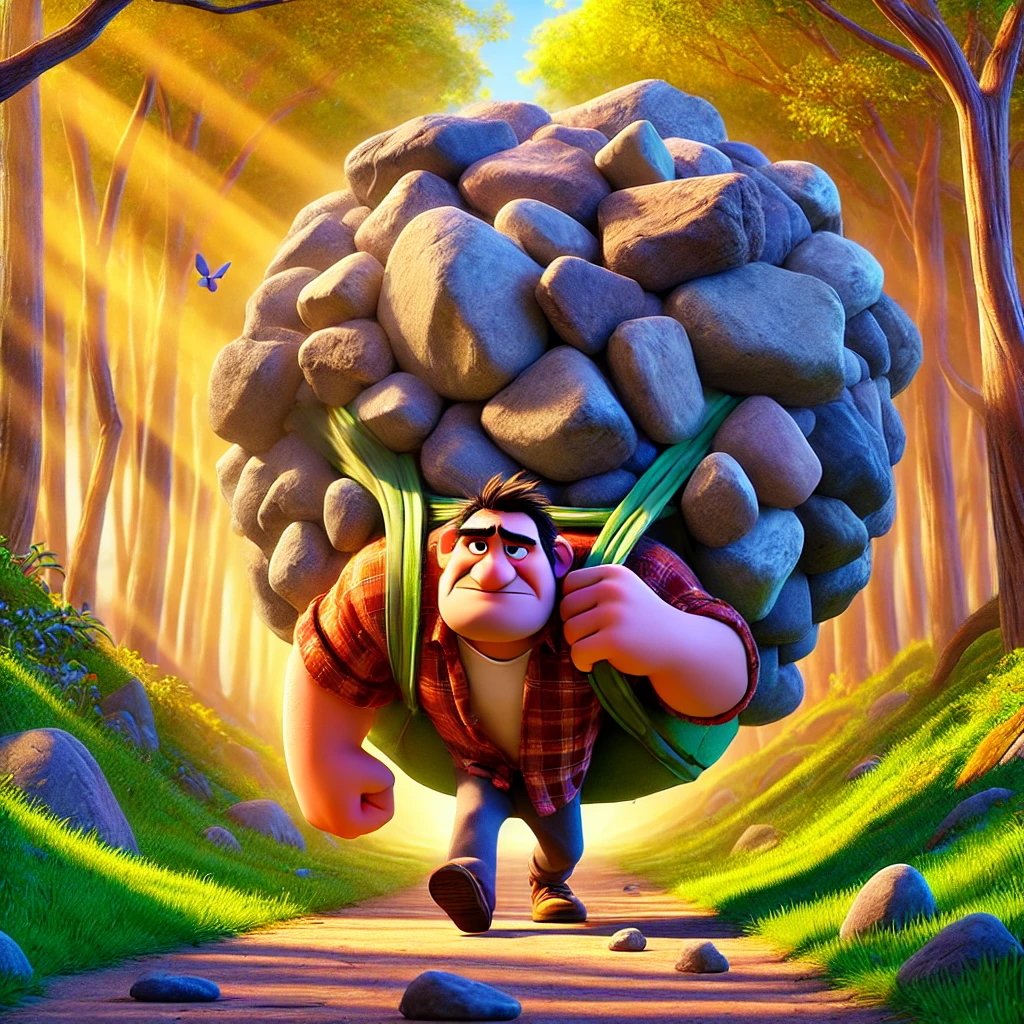
How Holding Grudges Is Slowly Destroying Your Life (And What to Do About It)
Letting go of grudges isn't just about being the bigger human—it's about saving your own damn life. That emotional baggage is slowly killing you, one stress-induced health problem at a time. So, drop the rocks and start living lighter.
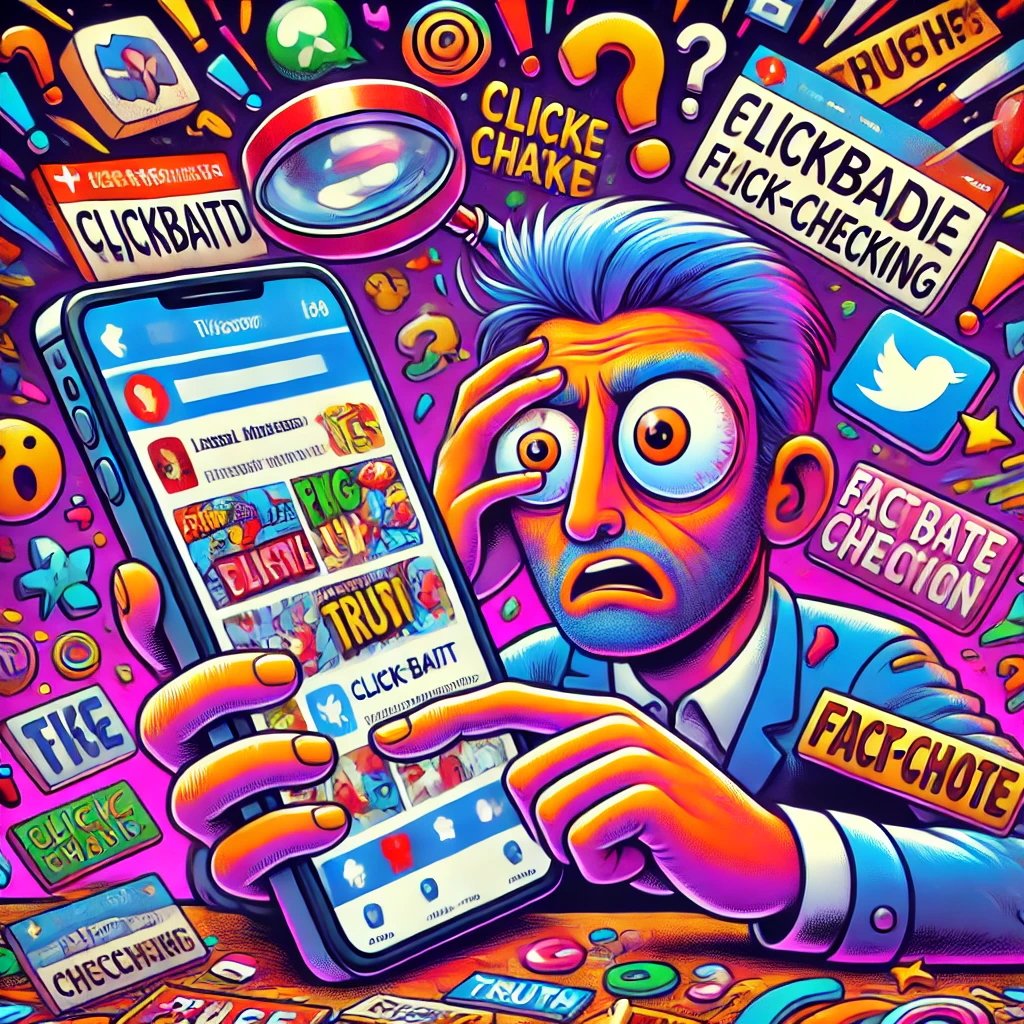
Congratulations, You’re Probably Wrong: A No-Bullshit Guide to Fact-Checking Before You Make an Ass of Yourself
Just because something pops up on your feed doesn’t mean it’s true—welcome to the age of misinformation, where your brain’s biases are working overtime to make you look like an idiot. Fact-checking isn’t just for nerds; it’s your best defense against being misled, manipulated, or just plain wrong. So, unless you enjoy the taste of your own foot, it’s time to get serious about what’s real and what’s BS.
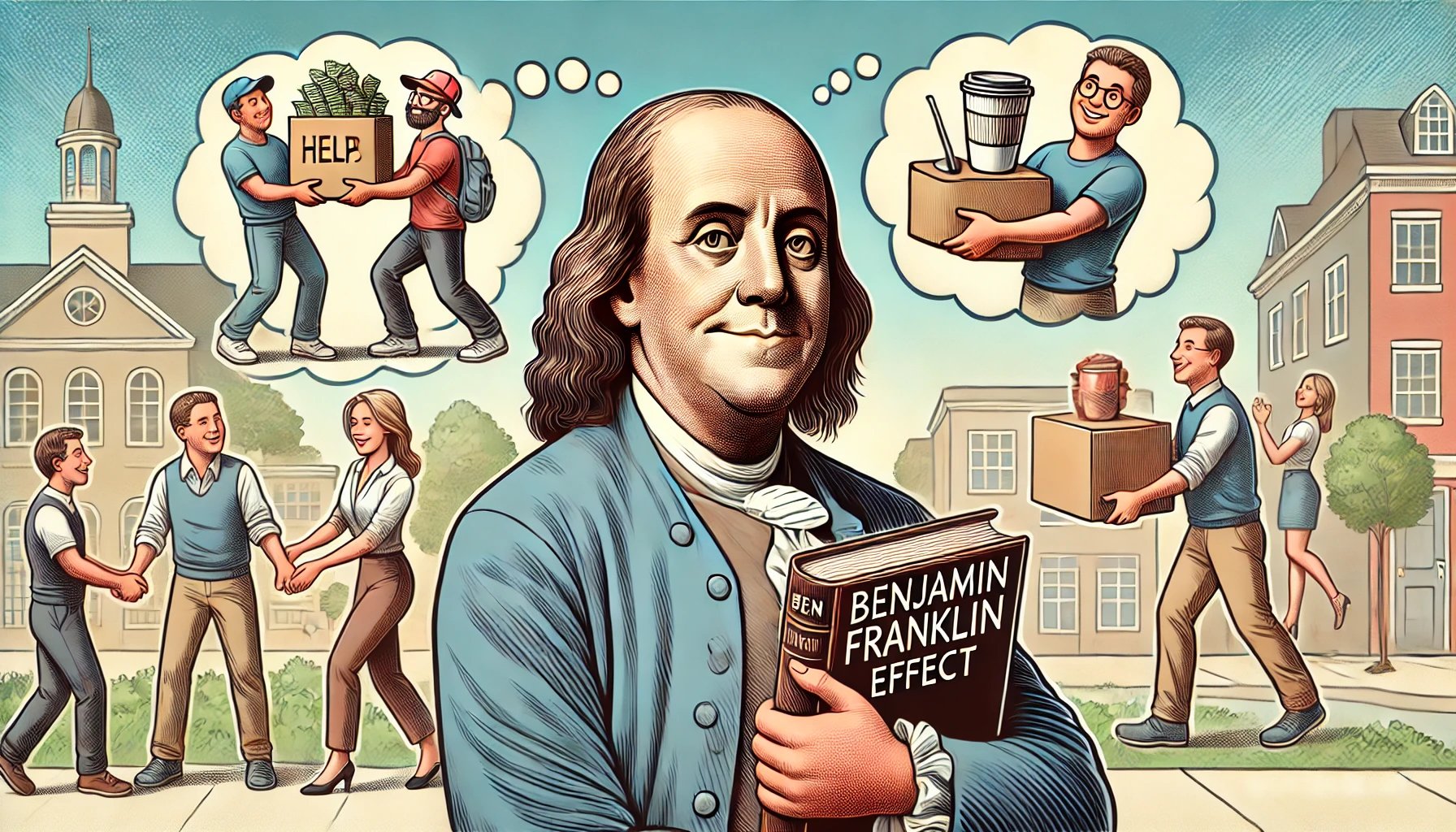
Why Doing Favors Makes You Friends: The Ben Franklin Jedi Mind Trick
The Ben Franklin effect suggests that getting someone to do you a favor can make them like you more, due to cognitive dissonance. By rationalizing their actions, humans convince themselves they must like you since they helped you. This quirky psychological trick can foster goodwill and deepen connections.

How to Tap into Your Human Network for Success
Unlock the hidden potential within your network by identifying the right humans, choosing the perfect moment, and communicating effectively. The knowledge and resources you seek are often closer than you think—embedded in the humans around you. Learn how to leverage these connections for success.

The Power of Single-Tasking
Multitasking is a productivity myth—research shows it's less efficient than focusing on one task at a time. By single-tasking, humans achieve higher quality work, reduced stress, and greater efficiency. Embrace single-tasking to unlock deeper focus and more meaningful results.

Embrace the Flux: Why Tomorrow's You Will Be Different and Better
Embrace the flux of life and recognize that each day brings a chance for growth. You’re not bound by who you were yesterday—every moment reshapes your identity. Take control of your evolution and welcome the new, better version of yourself.

Understanding the Empathy Gap: Transform Your Decisions and Relationships
Discover the Empathy Gap—a cognitive bias that disrupts our ability to predict our emotions and behaviors across different states. Learn how this disconnect impacts decision-making and relationships, and gain practical tips for managing emotional fluctuations. Embrace the gap to improve self-regulation, empathy, and navigate life’s emotional roller coaster with ease.
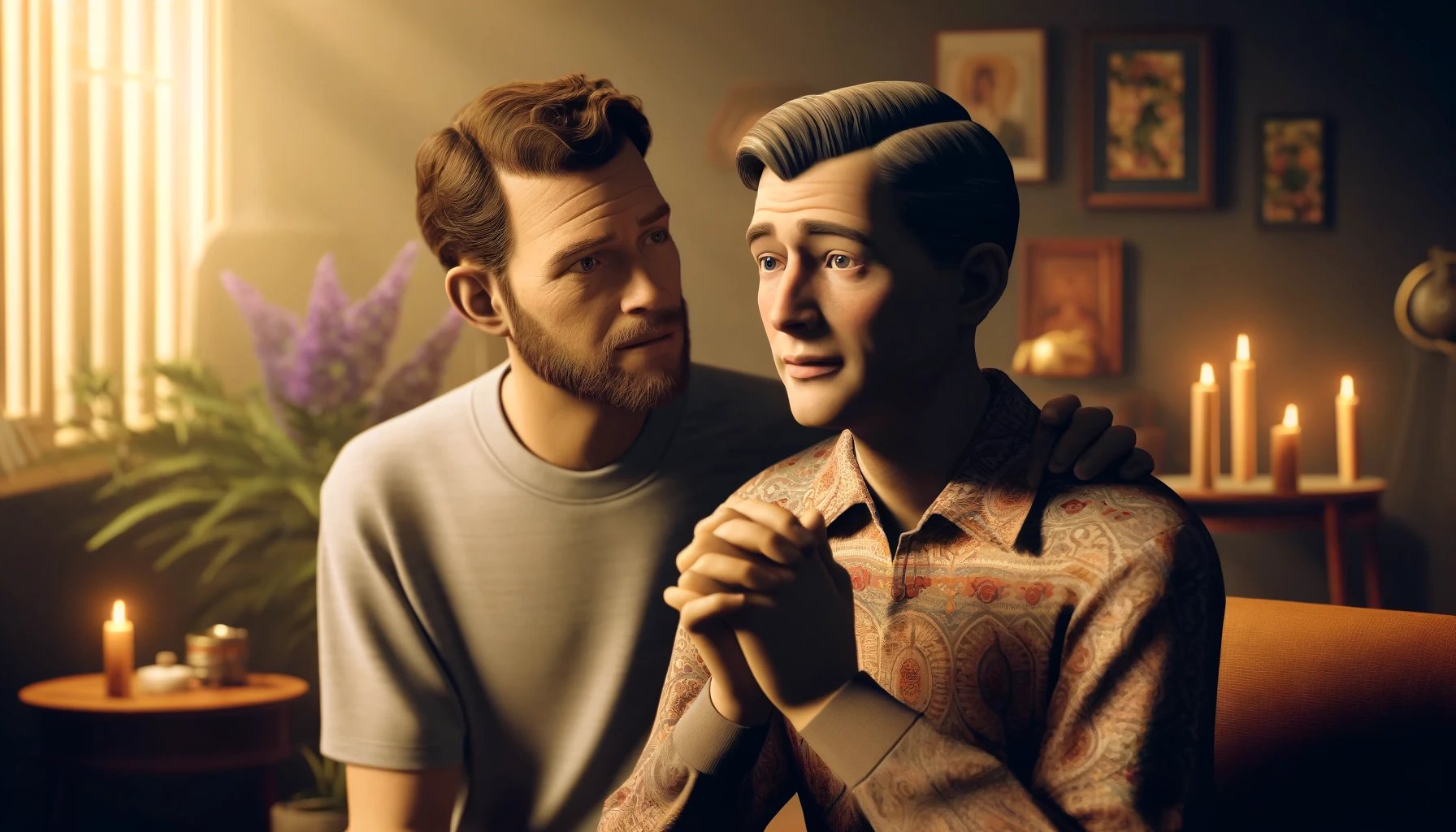
How to Apologize and Accept Apologies
Apologizing and accepting apologies are vital social skills that require genuine remorse and vulnerability. Using phrases like "Please forgive me" shifts the focus to the other human and fosters reconciliation. Effective apologies, which include acknowledgment of the wrong and an offer to make amends, can significantly repair relationships and build trust.

Two Sides of the Same Coin: Navigating Life with ADHD and OCD
ADHD and OCD can be incredibly disruptive, but understanding them is the first step toward managing them. Through personal experiences and effective strategies, this article explores how to turn these challenges into strengths. Discover how routine, mindfulness, and professional help can make a difference.

The Thrice Divorced Man: A Reflection on Marriage and Moving On
Following his third divorce, Billy reflects on his evolving views on marriage, influenced by a lifetime of diverse experiences and lessons learned. He discusses the developmental trajectory of the prefrontal cortex and advises younger men, drawing on his own early marriage at 22, to delay such commitments until they reach greater maturity. Through each marital journey—from spontaneous beginnings to profound, introspective unions—Billy gains deeper insights, now questioning the traditional appeal of marriage and adopting a more thoughtful approach to relationships.

Effective Strategies for Handling Challenging Family and Friend Dynamics
Navigating toxic relationships requires understanding and strategy, particularly with close friends and family. This guide delves into practical steps for managing such dynamics, from recognizing emotional contexts to setting healthy boundaries. Emphasizing open communication and self-care, it aims to empower individuals in challenging relational environments.

Eclipsing Doom with Science and Sense
Today, April 8, 2024, we experienced a total eclipse, a mesmerizing cosmic event that captivated many. While some viewed it as a harbinger of doom, it's actually a powerful reminder of our place in the universe and the importance of understanding our cognitive biases. By embracing science and critical thinking, we can appreciate these celestial phenomena for the natural wonders they are.

The Sublime Freedom of Solitude
Solitude isn't just about being alone; it's a choice to embrace the quiet and discover oneself away from the world's clamor. In those silent moments, we find clarity in our thoughts, creativity in our solitude, and strength in our independence. It's a journey toward understanding that the most vital relationship we have is with ourselves, a space where our most authentic self is both discovered and nurtured.
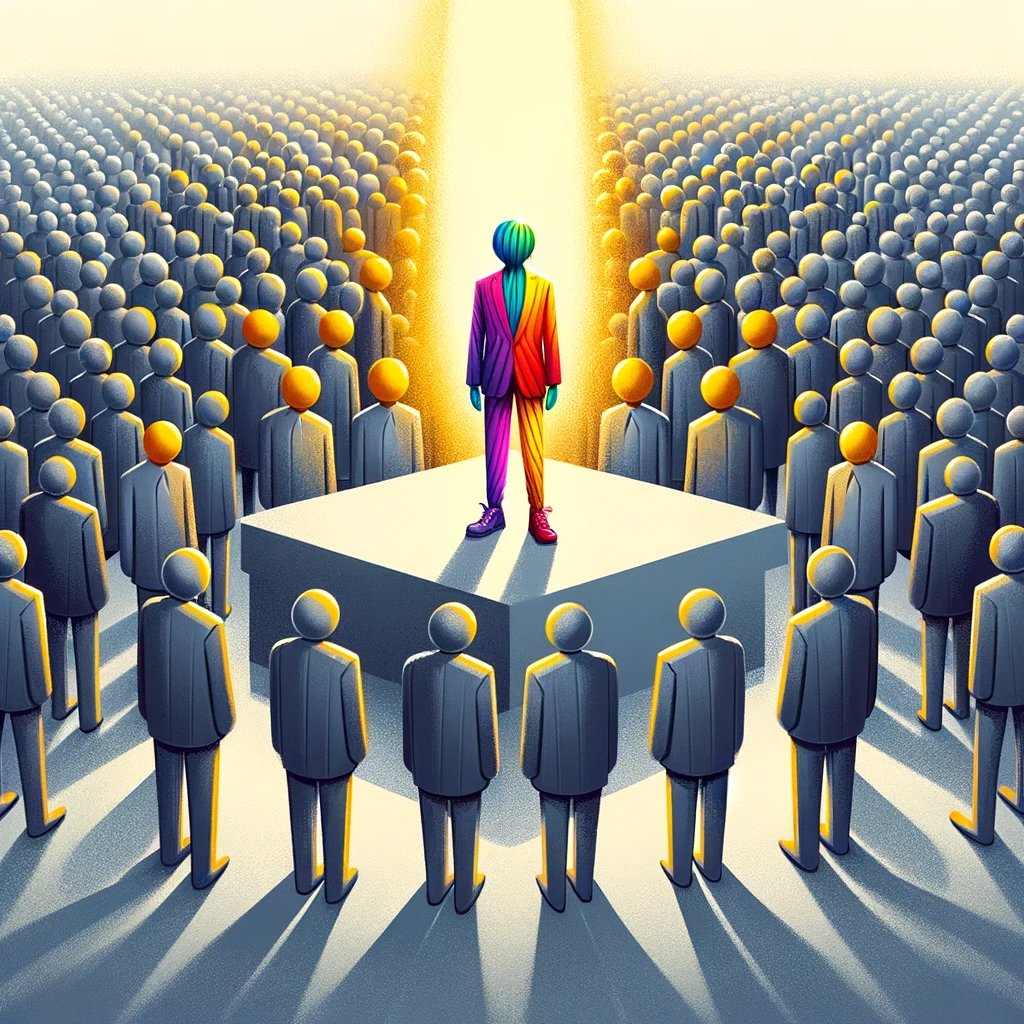
The Art of Being Unforgettable: Why Fitting in Everywhere Means Existing Nowhere
In a world obsessed with conformity, "fitting in everywhere" paradoxically leads to "existing nowhere." Embracing authenticity unlocks genuine connections and innovation, while rejecting the universal approval game enhances resilience and personal growth. Own your distinctiveness; the world craves your unique voice, not echoes of conformity.

The Eisenhower Box
The Eisenhower Box transcends mere productivity; it's a life philosophy. By categorizing tasks into four quadrants, it highlights the importance of focusing on tasks that are crucial yet not pressing — aligning our actions with long-term goals and fulfillment. This approach shifts our focus from being busy to being impactful, urging us to prioritize activities that matter most. Adopting this method encourages us to live intentionally, making space for what truly enriches our lives amidst the hustle.
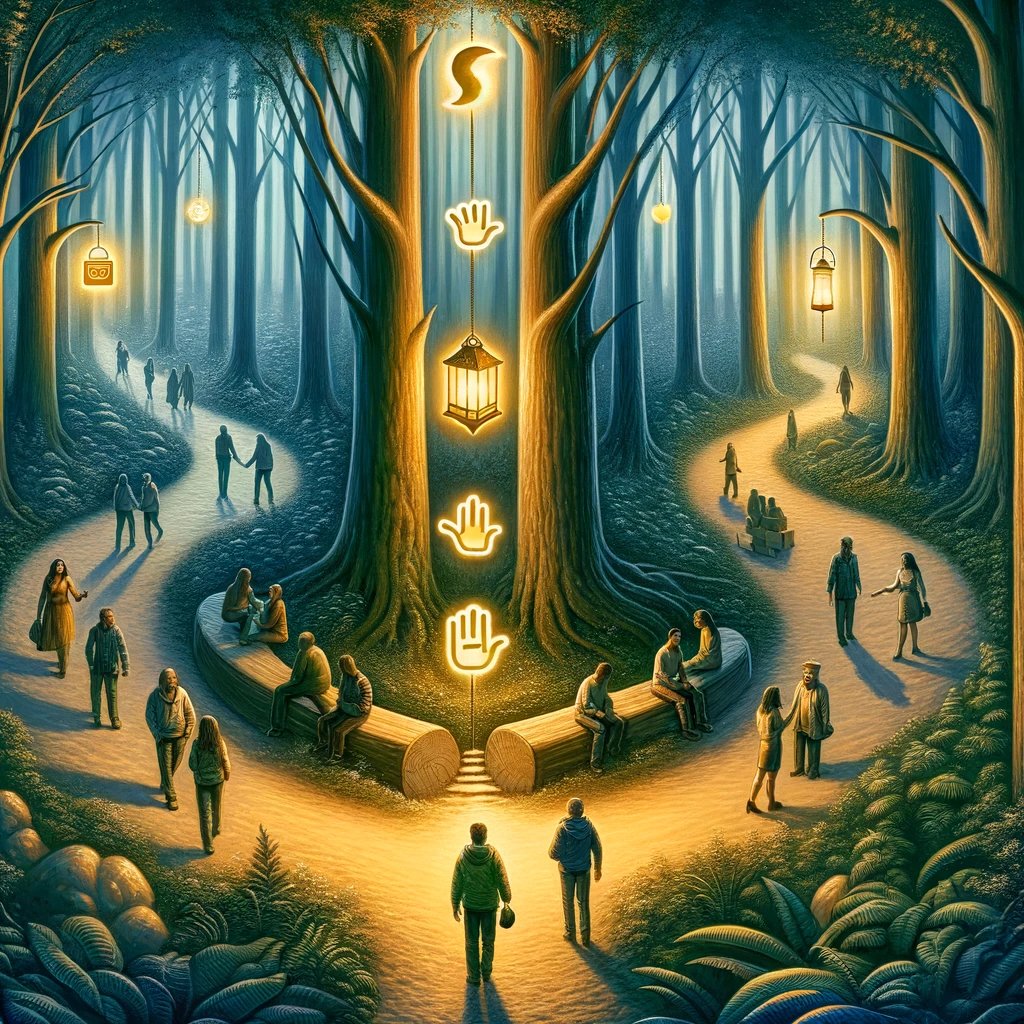
Mastering Life's Feedback Loop for Personal Evolution
Navigating life's chaos requires mastering the art of feedback — seeking it with humility, accepting it with grace, and offering it with wisdom. These three skills stand as unsung heroes in our journey toward personal and professional evolution. Embrace this transformative process to foster a culture of growth, empathy, and effective communication.

Change Others by Changing Yourself: The Art of Personal Transformation
But let’s cut through the fluff. The essence of this transformation is rooted in the gritty reality of action. It’s easy to wax poetic about change, but the execution is where the rubber meets the road. Every step you take toward self-improvement, every new skill you master, every heartfelt conversation — they’re all brush strokes on the canvas of life. You’re the artist and the muse, the creator and the creation.